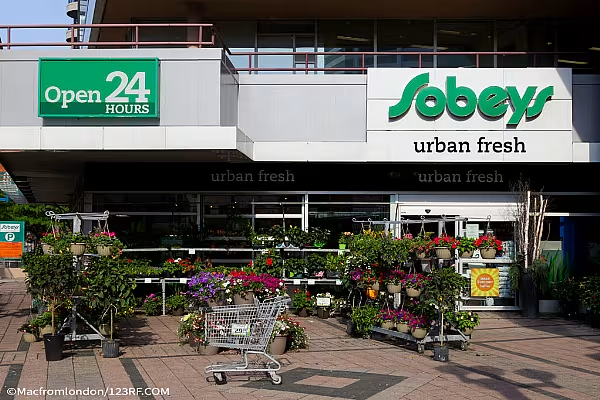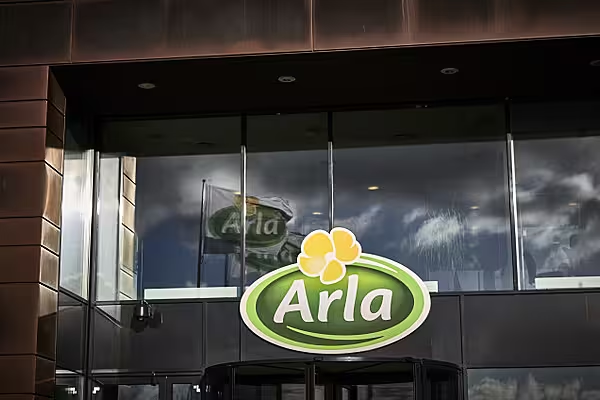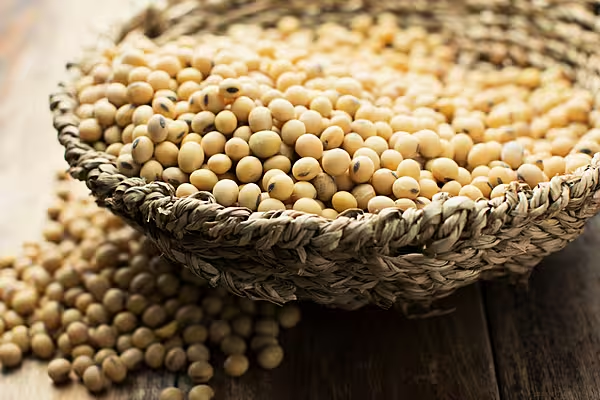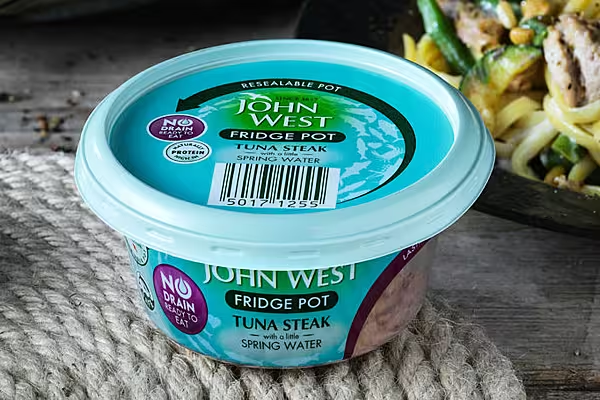The Canadian prime minister's warning of new taxes that might be imposed on national grocery chains is unlikely to solve the problem of food inflation and could lead to price increases for other essentials, industry experts said.
Prime Minister Justin Trudeau said he had invited the heads of Canada's five largest grocery chains, including Sobeys, Metro and Loblaw, to Ottawa next week to discuss how they planned to control sky-rocketing food prices. He said the government would impose new taxes if their plans did not provide real relief.
Trudeau's move comes when governments across the globe, especially in Europe, have expressed concern over soaring food prices as they seek to address a cost-of-living crisis that has intensified after the pandemic subsided and since the Russia-Ukraine war began.
Food Inflation
However, after a similar move from the French government in June, analysts were skeptical about Trudeau's warning. They argued it was a "political" tactic and might be ineffective in lowering lingering food inflation.
"Both PM Justin Trudeau and François-Philippe Champagne (Canada's industry minister) spoke tough about this topic and it is difficult to envision what teeth they have to hold grocers accountable," said Ben Jang, portfolio manager at Nicola Wealth.
Michael Ashley Schulman, chief investment officer at Running Point Capital Advisors, said new taxes could have the adverse effect of causing price increases for other personal and household essentials like toiletries and cleaning products.
"The government is just trying to alleviate some of that frustration that people have, but I don't think there's much they're going to be able to do," Allan Small, senior investment advisor at iA Private Wealth, said.
On Thursday, French supermarket chain Carrefour slapped price warnings on products ranging from Lindt chocolates to Lipton Ice Tea, to pressure top consumer goods suppliers, including Nestlé, PepsiCo and Unilever, to lower prices.











